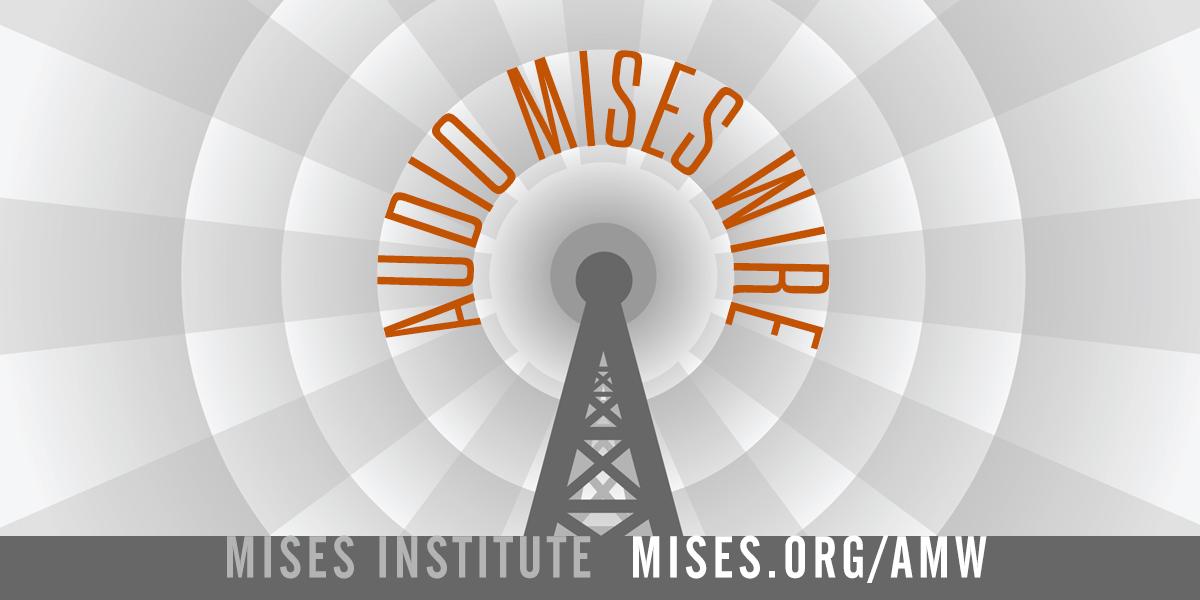Climate Anxiety: A Critique of its Framing as a Socially Constructed Phenomenon
The Mises Institute stands as a prominent advocate for the Austrian School of economics, a heterodox school of thought emphasizing individual action, free markets, and limited government intervention. Founded in 1982 and named after the renowned Austrian economist Ludwig von Mises, the Institute dedicates itself to promoting and disseminating the principles of this school alongside the related philosophies of individual liberty, sound money, and peaceful international relations. It functions as a non-profit organization, maintaining its independence from political parties and governmental affiliations. The Institute positions itself as a bastion against prevailing intellectual trends, challenging what it perceives as statist ideologies and advocating for a social order firmly grounded in private property rights. This commitment to principled libertarianism shapes its research, publications, and educational outreach programs.
Central to the Mises Institute’s mission is the preservation and advancement of the intellectual legacy of Ludwig von Mises and his student Murray N. Rothbard. Mises, a prominent figure in the Austrian School, championed free markets and individual liberty, arguing that economic calculation and rational allocation of resources are only possible in a system of private property and free exchange. Rothbard, building upon Mises’s work, further developed the anarcho-capitalist perspective, advocating for the complete abolition of the state and its replacement by voluntary market-based institutions. The Institute seeks to keep these ideas alive and relevant in contemporary discourse, offering a contrasting perspective to mainstream economic and political thought. It views its foundational principles as timeless and resists any attempts to dilute or compromise them with popular yet potentially conflicting doctrines.
The Institute’s work manifests in a multifaceted approach to promoting its core tenets. It publishes a wide range of materials, including books, scholarly articles, policy analyses, and online content. These publications address various topics related to economics, history, philosophy, and political science, all from a distinctly Austrian perspective. The Institute also hosts conferences, seminars, and educational programs, providing platforms for scholars, students, and the general public to engage with Austrian economics and libertarian thought. Through these initiatives, it aims to foster a deeper understanding of free markets and their implications for individual prosperity and social harmony.
A key element of the Mises Institute’s perspective is its critique of statism, the belief in extensive government control over economic and social affairs. The Institute argues that government intervention, beyond the essential functions of protecting individual rights and enforcing contracts, invariably leads to economic inefficiency, distortion of market signals, and ultimately, a reduction in overall societal well-being. It contends that central planning and excessive regulation stifle innovation, hinder entrepreneurship, and ultimately limit individual choice and freedom. This stance informs their analysis of various public policies, from monetary policy and fiscal policy to regulations affecting healthcare and education.
Furthermore, the Mises Institute emphasizes the importance of honest history, arguing that an accurate understanding of the past is crucial for informing present-day decisions and shaping a better future. It challenges conventional historical narratives, particularly those that downplay the negative consequences of government intervention and promote collectivist ideologies. The Institute seeks to provide alternative historical interpretations, often focusing on the successes of free markets and the failures of socialist and interventionist policies. This focus on historical analysis is integral to their broader effort to promote a more nuanced understanding of the role of government and the benefits of individual liberty.
Finally, the Institute champions international peace. It views free markets and respect for individual rights as essential prerequisites for peaceful relations between nations. It argues that wars and conflicts often stem from government intervention, protectionist trade policies, and nationalistic ideologies. By promoting free trade, open borders, and a non-interventionist foreign policy, the Institute believes that nations can achieve greater prosperity and peaceful coexistence. This commitment to peace is rooted in the classical liberal tradition, which emphasizes the mutual benefits of voluntary exchange and cooperation between individuals and nations alike. The Mises Institute continues to operate as a vocal advocate for these principles, striving to influence public discourse and promote a more free and prosperous world.
Share this content:












Post Comment